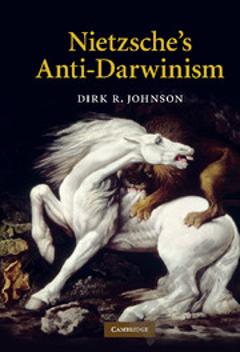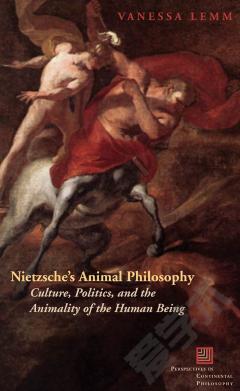Nietzsche's New Darwinism
Nietzsche and Darwin were rough contemporaries who shared an interest in the origins of moral behavior, but whose views on the subject could not have been further apart. Where Darwin saw selection in favor of the strong and the fit, Nietzsche saw the triumph of the will to power. Most of what Nietzsche said about Darwin was quite hostile; however, Richardson argues that Nietzsche was far more deeply influenced by Darwin than he ever acknowledged. Furthermore, he proposes that once the Darwinian aspect of Nietzsche's thinking is brought to the surface, many of his philosophical positions turn out to be better grounded than we might have thought otherwise. The heart of the book is Richardson showing how particularly problematic Nietzschean issues - the will to power, the subjective nature of moral and ethical values, and the relationship between morality and aesthetics - benefit from a new view of Nietzsche's unspoken embrace of Darwinian ideas and the natural sciences more generally. The result is an important contribution to our understanding of this controversial thinker.
{{comment.content}}








 京公网安备 11010802027623号
京公网安备 11010802027623号